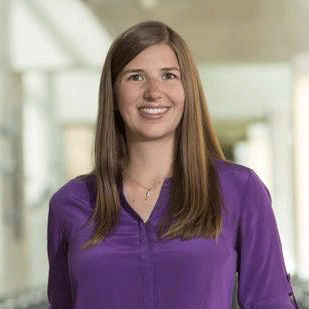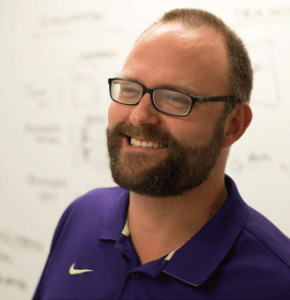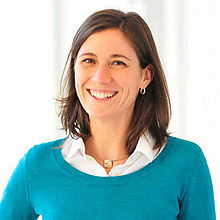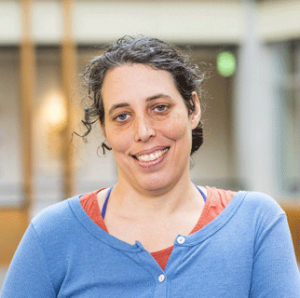My research focuses upon using novel computational and experimental tools to understand human movement and improve treatment and quality of life of individuals with cerebral palsy, stroke, and other neurological disorders.
My research strives to connect engineering and medicine to create solutions that can advance our understanding of human ability, but also translate research results to the clinic and daily life.
Affiliations
Albert S. Kobayashi Endowed Professor of Mechanical Engineering
Research highlights
Ubiquitous Rehabilitation
Ubiquitous Rehabilitation seeks to develop the sensors, algorithms, and data visualization techniques required to deploy wearable technology that can reduce the burdens of rehabilitation and improve outcomes. Biomechanical principles guide the design of hardware and software that integrate rehabilitation into daily life.
Open-Orthoses
Open-Orthoses leverages advances in 3D-printing, scanning, and fabrication to build innovative hand and arm orthoses (aka exoskeletons). Multidisciplinary teams of engineers and clinicians work with individuals with disabilities to co-design customized devices, rigorously test the devices, and provide open-source designs that accelerate development.
AccessEngineering
AccessEngineering was founded in 2015 to (1) support and encourage individuals with disabilities to pursue careers in engineering, and (2) train all engineers in principles of accessible and inclusive design. This program has trained over 60 engineering faculty, facilitates communities of practice for engineering professionals with disabilities, and curates a knowledge base with over 100 articles for engineering students, faculty, and professionals.
Related news
- Former CREATE postdoc Sasha Portnova talks about her experiences and inspirations
- Off to the Park: A Geospatial Investigation of Adapted Ride-on Car Usage
- CREATE's Newest Ph.D Graduates
- A Ph.D. Student's Promising Research in Mobility in Cerebral Palsy
- CREATE + I-LABS: focus on access, mobility, and the brain
- Feldner and Steele's 'Reimagining Mobility' series featured in The Daily
- $1M NIDILRR award for leadership training program
- NIH Rehabilitation Research 2020
- AccessComputing shares UW CREATE's launch and work toward accessibility
- Kat Steele honored by students with FACET award



